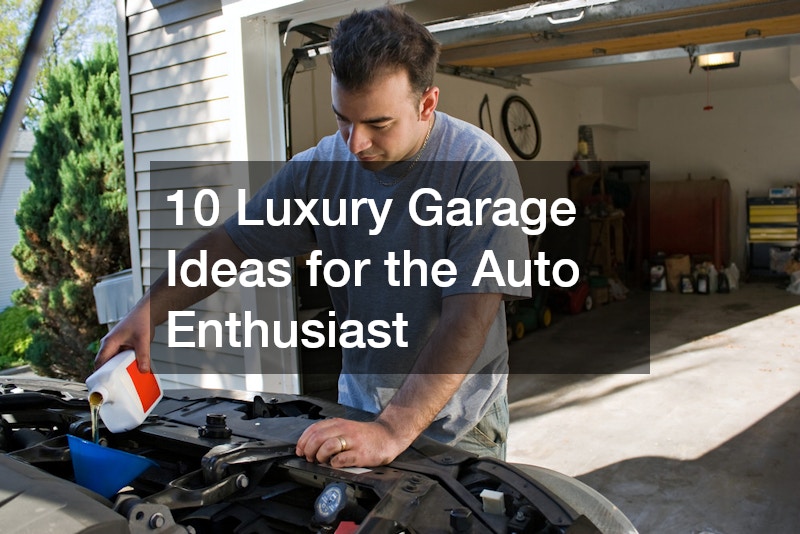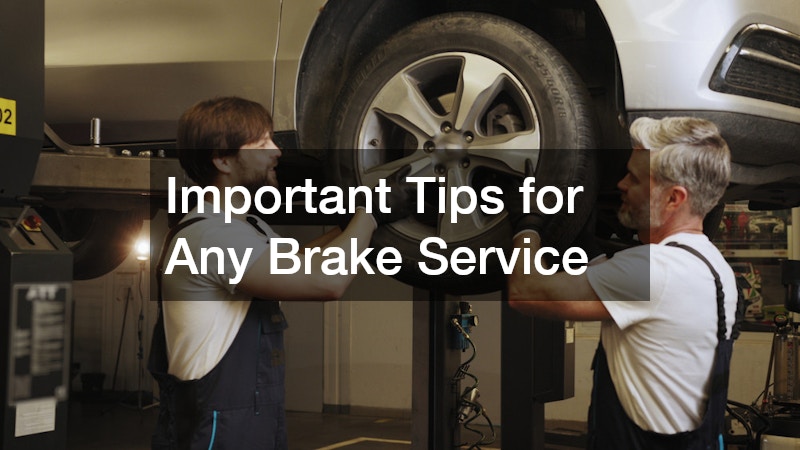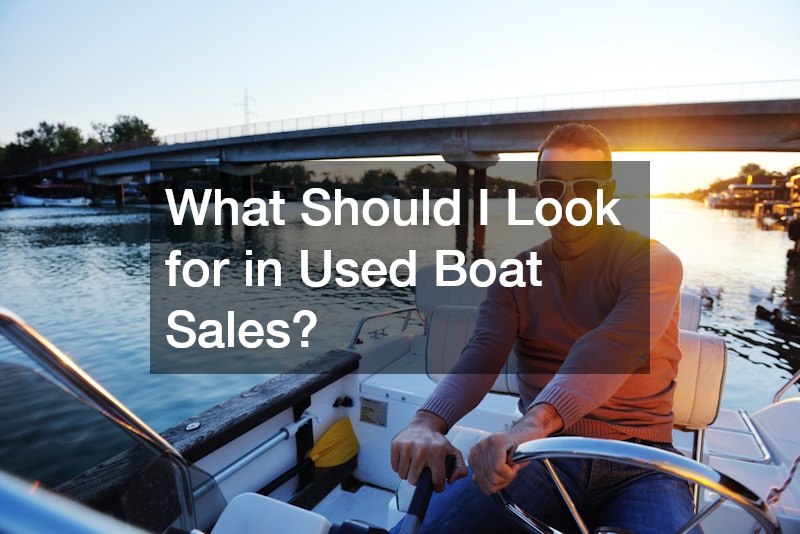Buying a car in the Philippines is a fashionable proposition. This consumer behavior isn’t a coincidence; the economic climate encourages it. The interest rates of auto loans are at a historic low as the purchasing power of the middle class gets stronger. If you have the extra cash to put down for a new car, the time is right for you to buy your vehicle.
But then again, just because you could doesn’t mean that you should. In many cases, it’s wiser to lease or rent a sedan car in Manila than to purchase one. Here are the reasons why buying a new vehicle in the Philippines isn’t exactly advantageous:
It Costs a Fortune
Whatever the type, make, or model you intend to get, there’s no denying that a brand-new car is going to be a costly expense. Even if you secure an auto loan with a favorable interest rate, such a major debt will affect your budget for many years. Pay a large down payment or not, it’s going to hurt your pocket either way.
Although the new excise tax rates chiefly increase the prices of high-end vehicles, those catering to low- and middle-income earners also become more expensive. The Tax Reform for Acceleration and Inclusion Law may be equitable, but it’s also the government’s way of curbing worsening traffic conditions in major cities.
It Depreciates Considerably
Did you know that a car loses a significant amount of its value the moment you drive it off the lot? Yes, a vehicle is generally a depreciating property, which sells much less than what you pay for it. According to Carmudi, 64% of the car’s value is gone after 36 months.
As a car owner, you’re doomed to absorb the consequences of your vehicle’s fast depreciation. If you’re only going to keep it for a few years, you can’t recoup most of the money you used to purchase it at resale.
It Is a Liability

To add insult to injury, a vehicle costs money to use and maintain, and your expenses will only increase over time. This is especially true if your car runs on gas. Since the Philippines imports crude oil from member states of the Organization of the Petroleum Exporting Countries, you’ll be at the mercy of the oil cartel. The country is vulnerable to international market forces beyond the government’s control, making oil prices volatile.
Sure, there are ways now to turn a vehicle into an asset because of ride-sharing platforms like Grab. The industry itself isn’t mature enough to provide a stable stream of income to drivers and operators. Unless you’re buying a car exclusively for public utility, your expenses are likely to outweigh your potential earnings from it.
It Requires Space
Most importantly, a car needs a parking space. If you have to pay for this one too, you’ll have one bill to worry about every day. To keep it safely at home, you might have to renovate your property to make room for your car. Although this problem doesn’t go away by leasing or renting a vehicle, at least it only becomes a temporary concern.
Having your car in the Philippines is slowly becoming a necessity than a luxury to move to places comfortably and efficiently. Nevertheless, leasing or renting a vehicle is the more practical move than buying one no matter how you slice it.





